Plants
-
 Animals
AnimalsA year of big numbers startled the world into talking about nature
One million species are at risk. Three billion birds have been lost. Plus surges in Amazon burning.
By Susan Milius -
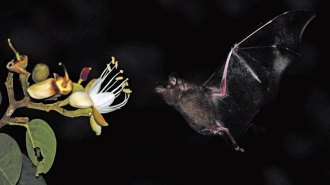 Life
LifeA tree in Brazil’s arid northeast rains nectar from its flowers
Northeast Brazil is home to a tree that entices bat pollinators by making a “sweet rain” of nectar.
By Jake Buehler -
 Climate
Climate5 things to know about fighting climate change by planting trees
One group’s idea of planting vast swaths of trees to curb climate change exaggerates the proposal’s power to trap carbon, some argue.
By Susan Milius -
 Ecosystems
EcosystemsCan forensics help keep endangered rosewood off the black market?
Timber traffickers are plundering the world’s forests, but conservationists have a new set of tools to fight deforestation.
By Edward Carver and Sandy Ong -
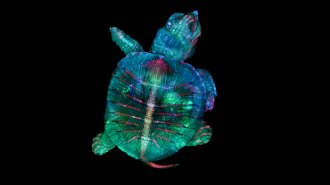 Life
LifeA peek inside a turtle embryo wins the Nikon Small World photography contest
The annual competition highlights the wonders to be found when scientists and photographers zoom in on the world around us.
-
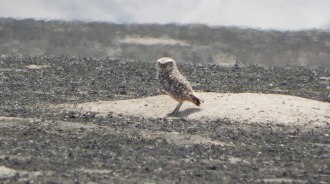 Ecosystems
EcosystemsBurrowing birds create pockets of rich plant life in a desert landscape
Mounds of sand dug out by birds are hot spots for plants in Peru’s Atacama Desert, possibly providing a sheltered and moist area for seed germination.
-
 Climate
ClimateAbigail Swann’s alternate Earths show how plants shape climate
Abigail Swann's studies reveal that water vapor from forests can affect drought patterns a hemisphere away.
By Susan Milius -
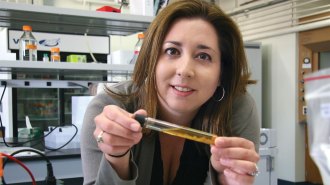 Life
LifeMichelle O’Malley seeks greener chemistry through elusive fungi
Michelle O’Malley studies anaerobic gut fungi, microbes that could help make chemicals and fuels from sustainable sources.
-
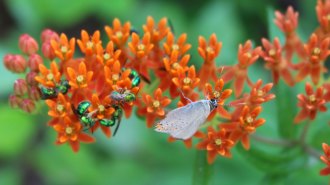 Life
LifeConnecting our dwindling natural habitats could help preserve plant diversity
As pristine habitats shrink worldwide, a massive, 18-year experiment suggests that linking up what's left with natural corridors could help ecosystems retain plant diversity.
-
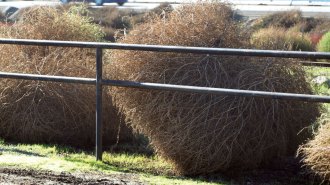 Plants
PlantsWhy tumbleweeds may be more science fiction than Old West
A tumbleweed is just a maternal plant corpse giving her living seeds a chance at a good life somewhere new.
By Susan Milius -
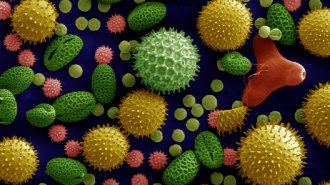 Science & Society
Science & Society‘The Nature of Life and Death’ spotlights pollen’s role in solving crimes
In ‘The Nature of Life and Death,’ botanist Patricia Wiltshire recounts some of her most memorable cases.
By Sid Perkins -
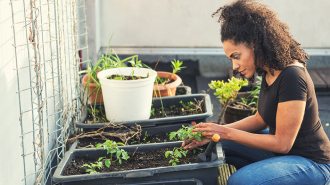 Neuroscience
NeurosciencePlants don’t have feelings and aren’t conscious, a biologist argues
The rise of the field of “plant neurobiology” has this scientist and his colleagues pushing back.